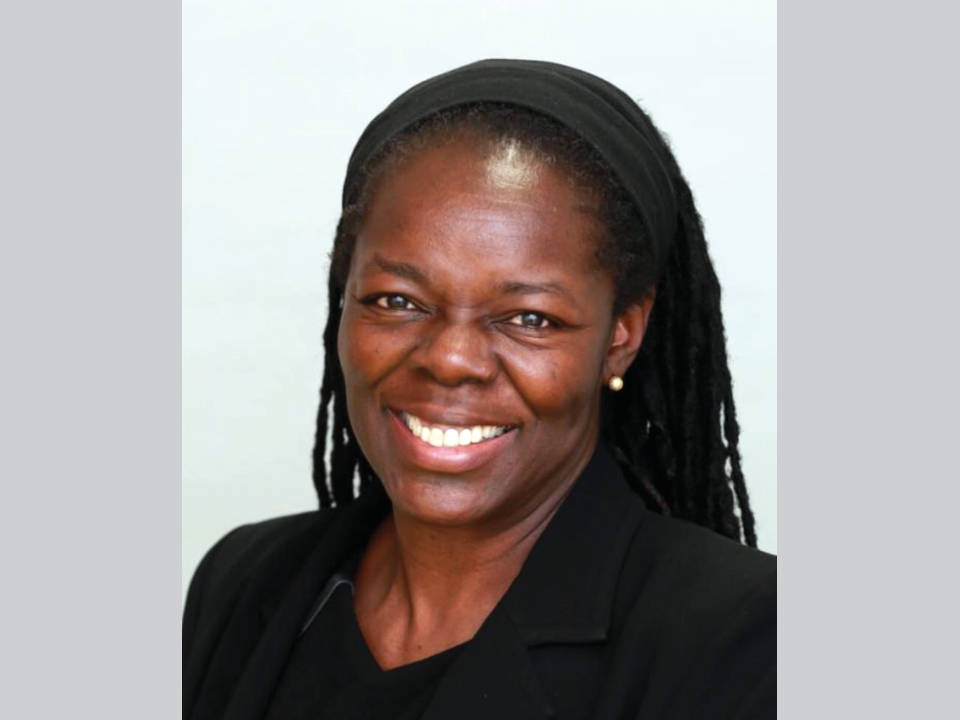
Andy Smith
ADCS Immediate Past President
Strategic Director of People Services, Derby City Council
I’ve just returned from two weeks annual leave and I definitely feel like my batteries have been recharged, but I’m also feeling a bit jittery as we move into the autumn. I’d go as far to say that there’s a nervous energy in the air.
If you work in or around education, especially in the realm of special educational needs and disabilities (SEND), you’ll know exactly what I mean. We’ve been hearing strong rhetoric for months about opportunity, equity, and reform. A government, which I believe, is genuinely committed to inclusion; who has positioned education and reform of the SEND system as a key component of the manifesto that got them elected and then as part of their Opportunity Mission. ADCS has seen this as positive. We know that language matters. It signals that, perhaps, the government are finally ready to move from patchwork solutions to a truly inclusive system that works for all children and young people. This has been something ADCS has always taken a strong policy position on.
But here we are, in early autumn, still waiting. The long-anticipated Schools White Paper, initially expected in the summer, has been pushed back to the autumn. Let’s face it, we know delays are not uncommon in the world of policy, but this one felt heavier and more significant. And now we have seen a complete reshuffle of the ministerial team in the Department for Education, and with this the inevitable bedding-in period as they find their feet. It’s completely understandable, we’ve all been there; in starting any new job it takes time to get up to speed, especially when the brief is complex. But that doesn’t mean we shouldn’t be concerned, and that’s what’s giving me the jitters.
When a new team comes in, priorities can shift. Promises made by predecessors don’t always carry over. And while the previous ministerial team clearly understood the scale of the challenge and the generational opportunity for reform, I’m now left wondering: will the new ministers have the same resolve? Or worse, will the momentum be lost entirely? SEND can no longer be treated as a bolt-on to education policy. We’ve seen where that leads and the evidence and arguments are so well rehearsed: fractured provision, overwhelmed systems, children and families falling through the cracks. We’ve known for years that the system is under strain: numbers of education, health and care plans are soaring, parental dissatisfaction is rising, and professionals across education, health, and social care are doing their best in a system not designed to support inclusion at its core.
So yes, the promise of inclusive education being central to the government’s plans was positive and frankly music to our ears when they came to power last year. But inclusive education can’t just be a line in a speech. It has to be the starting point for how we design schools, train staff, and fund services. It must underpin how we support neurodiverse learners, those with complex needs, and every child who doesn’t fit neatly into the mainstream box. We’ve heard a lot about “once-in-a-generation” change. But talk is cheap. If the upcoming White Paper fails to grasp the nettle, if it opts for tinkering around the edges or simply rearranging the deckchairs, then we risk squandering yet another opportunity.
This isn’t just about structures and systems - it’s about children. Real children, with hopes, needs, and futures. If we fail to get this right, we are once again asking a generation of young people to carry the cost of our inaction. So, as we wait for the autumn White Paper, I’m holding my nerve and trying to remain optimistic. We must continue to be resolute, as an Association, that inclusive education is not a side issue - it is the issue. Anything less would be a massive missed opportunity.





